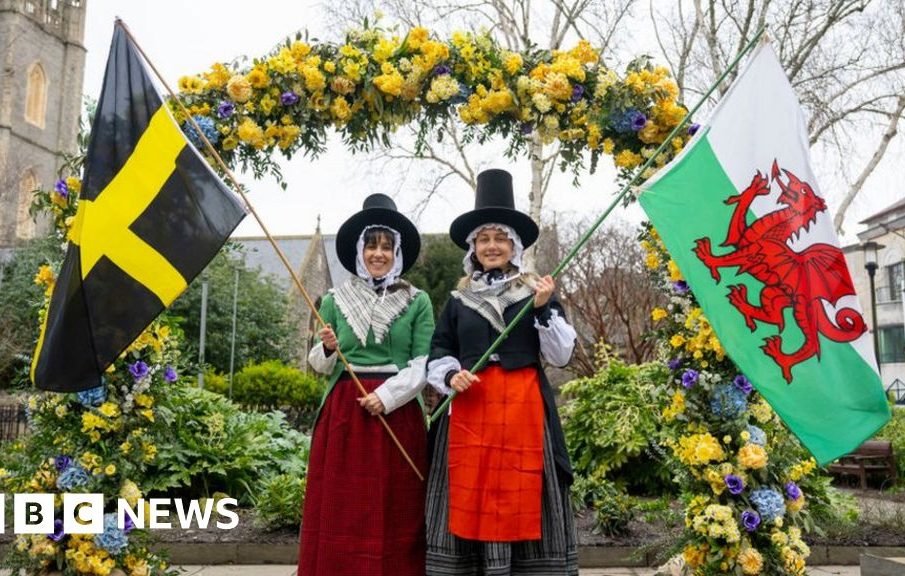The Importance of St David’s Day in Welsh Culture

Introduction
St David’s Day, celebrated on 1st March, holds a special place in the hearts of the Welsh people. This day commemorates St David, the patron saint of Wales, and celebrates Welsh culture, language, and heritage. In recent years, the significance of this festival has surged, gaining recognition not only in Wales but across the globe. Understanding the traditions and celebrations around St David’s Day offers deeper insight into the unique identity of Wales.
Historical Background
St David’s Day has its roots in the 6th century when St David founded a monastic community in Glyn Rhosyn (now known as Gower Peninsula). The saint, known for his ascetic lifestyle and his teachings, became a prominent figure in Christianity throughout Britain and beyond. The formal recognition of 1st March as St David’s Day was later established in the 18th century and has since been celebrated with various festivities.
Current Celebrations
Today, St David’s Day is marked by a range of events across Wales and in other countries with significant Welsh communities, such as the USA, Canada, and Australia. Schools often encourage children to wear traditional Welsh costumes, which can include the famous black hat of a Welsh lady or outfits featuring the red dragon, a national symbol of Wales. Parades, concerts, and cultural displays take place in cities like Cardiff and Swansea, showcasing Welsh music, dance, and food.
Significant Events
This year, festivities included a major parade in Cardiff attended by local dignitaries and thousands of citizens. Participants showcased traditional Welsh music and dance, while food stalls offered local delicacies such as cawl (a traditional Welsh stew) and Welsh cakes. Additionally, there are several church services held to honour St David, allowing people to reflect on their heritage.
The Broader Impact
St David’s Day serves as an important reminder of Welsh identity and helps further the connection between the Welsh diaspora and their homeland. In recent years, various global landmarks have also joined in the celebrations by lighting up in Welsh colours, signifying solidarity with the Welsh people. The significance of celebrating such heritage is profound, as it fosters unity within communities and promotes a richer understanding of cultural diversity across the globe.
Conclusion
In conclusion, St David’s Day is more than just a day of celebration; it embodies the spirit of Welsh identity, culture, and community. As Wales continues to evolve and gain recognition on the world stage, the importance of St David’s Day will likely grow, reinforcing the rich traditions that have shaped this vibrant nation. For both natives and cultural enthusiasts, participating in the celebrations of St David’s Day provides an invaluable connection to the past and fuels pride in Welsh heritage.








